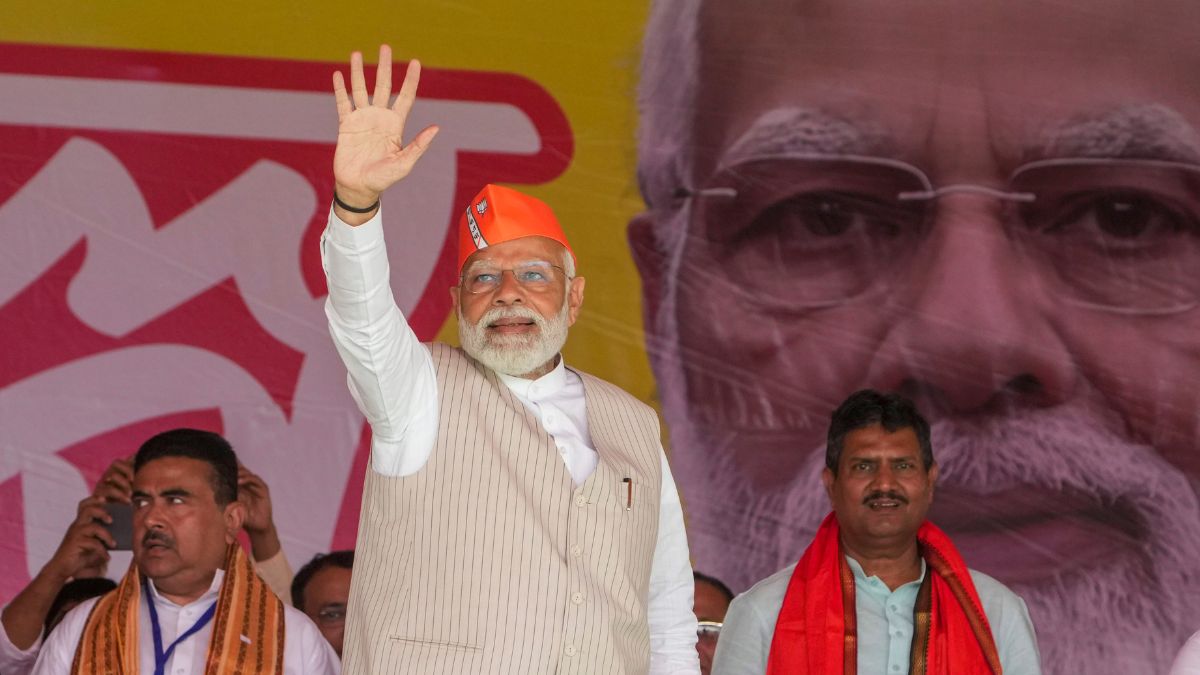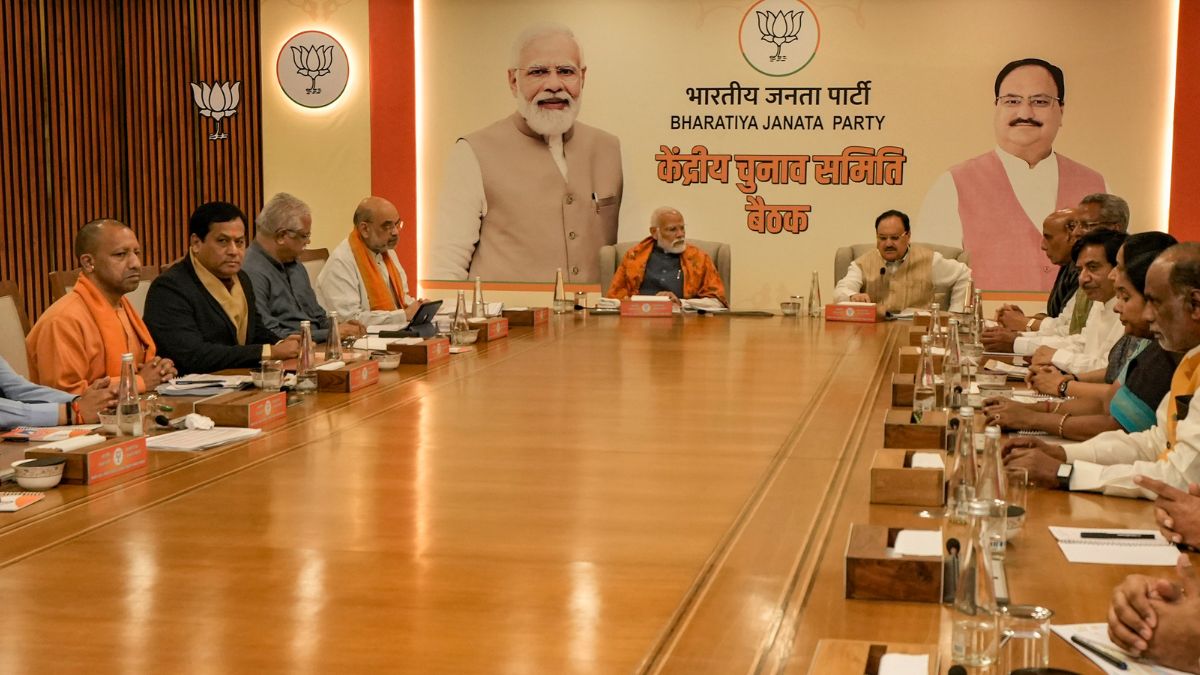January 2017 witnessed a curtain-raiser of sorts for a new era in international politics.
Donald Trump took oath as the 45th President of the United States, and barely a fortnight after he took office, the spate of executive orders that he signed led the world to believe that the US is retreating from its global responsibilities and going into isolation to ‘Make America Great Again’. The second set of events that generated a lot of interest (and some concerns too) were Chinese president Xi Jinping’s speech at the UN’s Geneva office on 18 January, projecting China as a ‘protector of the realm’ and at World Economic Forum, Davos on 17 January “opening arms to the people of other countries and welcoming them aboard the express train of China’s development”.
One could wonder whether these two events mark the peaceful transition of global leadership from one country to another. Is it the end of the American Hegemony and Western Dominance? Are we entering into another unipolar world or heading towards bipolar world system whereby the US is reluctantly sharing its leadership role with China. Or the multi-billion-dollar question: Are we expecting a tripod world system or multi-polar world?
Answers to these questions are certainly opaque at the moment.
But China’s engagement with the world inevitably suggests that Beijing is stepping out from keeping a low profile — 韬光养晦 (tao guang yanghui) — as per the foreign policy mantra of the Deng Xiaoping era to striving for achievement — 奋发有为 (fenfa youwei) — in Xi’s times. At Davos, Xi defended globalisation and even suggested that isolation in the time of globalisation will backfire. It’s no secret that China has been the biggest beneficiary of globalisation and is now riding the same horse. In this context, it is pertinent to emphasise that Chinese companies are well equipped to go global and compete with other multinational companies. Chinese mobile brands, Xiaomi (小米), Oppo, Huawei (华为) have become popular in India, even rivalling the likes of Samsung.
Xi’s signature strategy “Silk Road Economic Belt and the 21st Century Maritime Silk Road”, commonly known as the ‘One Belt One Road’ (OBOR) in other parts of the world and “yidai yilu (一带一路)” in China is posited to run as Ashvamedha’s horse, in the aftermath of the premature death of the US-led Trans-Pacific Partnership (TPP), to establish a ‘Chinese Ramrajya’ in the world.
At the UN’s Geneva office, Xi frankly remarked that we have travelled a long way to establish a fair and equitable international order. He referred to the Peace of Westphalia and Geneva Convention to affirm that sovereign equality is the most important norm governing State-to-State relations. Affirming Beijing’s faith in the international system with the UN as its core, Xi reassured the world community that engaging China is in no way altering the liberal world order but merely signalling a ‘change in regime’ by promoting the Asian Infrastructure Investment Bank and other new multilateral financial institutions in order to “provide more public goods to the international community”.
Interestingly, Prime Minister Narendra Modi, speaking at the recently-concluded Raisina Dialogue in New Delhi , also expressed similar sentiments that institutions and architectures built for a different world, by a different world, are outdated. But striking differences between the perceptions the of two leaders are evident. Beijing entrusts faith in old institutions but also creates new ones whereas New Delhi is interested in reforming the existing ones with India among the members, whether as a permanent member of United Nations Security Council or as a member of the Nuclear Supplier Group (NSG) among others.
Despite discord on some issues, the views of both leaders, Xi and Modi, are converging on the new international order, advocating globalisation and multilateralism.
New Delhi and Beijing need to channelise these converging ideas into realpolitik. Xi, addressing the gathering at Davos, suggested that any “attempt to cut off the flow of capital, technologies, products, industries and people between economies, and channel the waters in the ocean back into isolated lakes and creeks is simply not possible” while Modi, supporting globalisation at the Raisina Dialogue, asserted “a sentiment against trade and migration, and rising parochial and protectionist attitudes across the globe are also in stark evidence”.
The three leaders — Modi, Xi and Trump — are considered conservative in domestic politics but it seems Xi and Modi are more liberal in their international outlook and could emerge as the new champions of the liberal world order. If Xi, as a core leader of the Communist Party of China, and Modi — heading the ‘absolute majority’ government with unquestionable political will — become a little more liberal and chart out a new paradigm in solving bilateral disputes and restore the centuries-old ‘civilizational peace’, they can certainly speed up and strengthen bilateral engagement to a ‘Himalayan level’. The chaos heralded by Trump invariably challenging the principles and norms, themselves created by the US, is an opportunity for India and China to act decisively and in unison to put Asia in the saddle of intentional politics.
The author is an assistant professor at Shanghai University, Shanghai where he teaches international politics. The author tweets @mrajivranjan


)




)
)
)
)
)
)
)
)